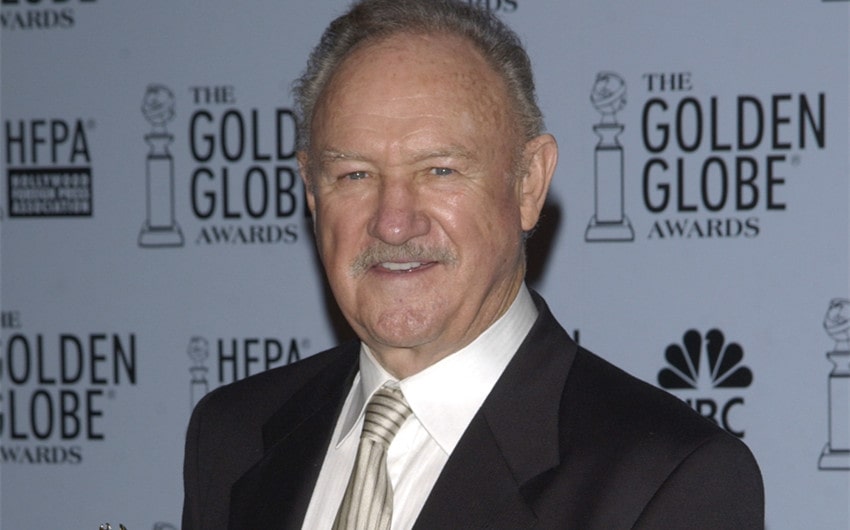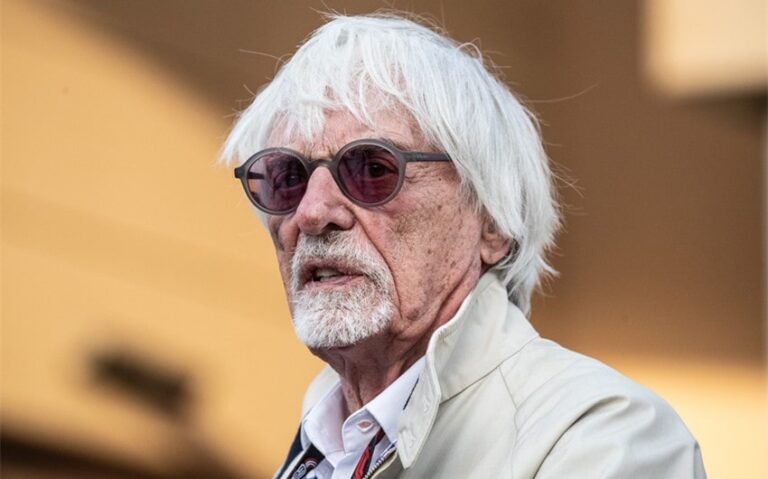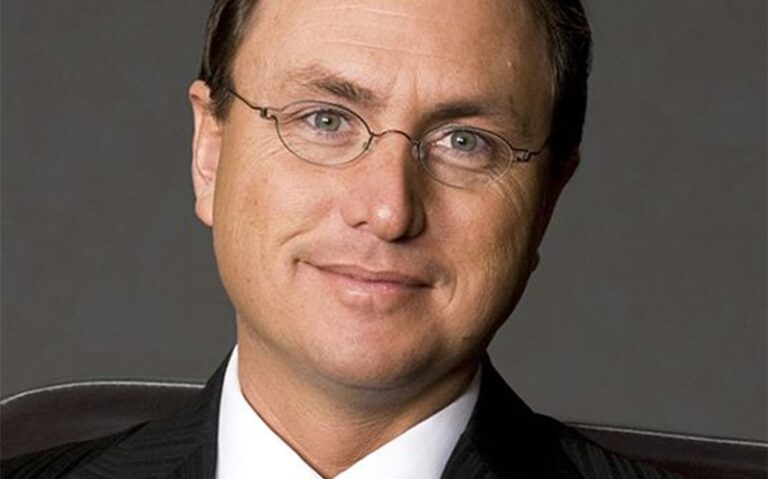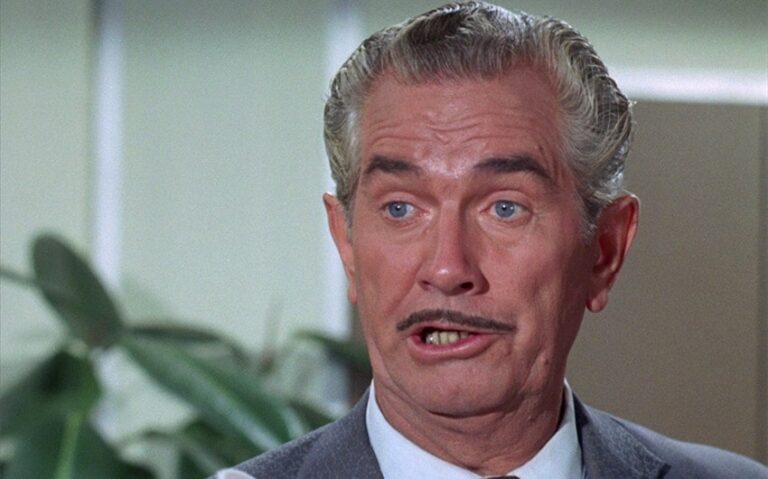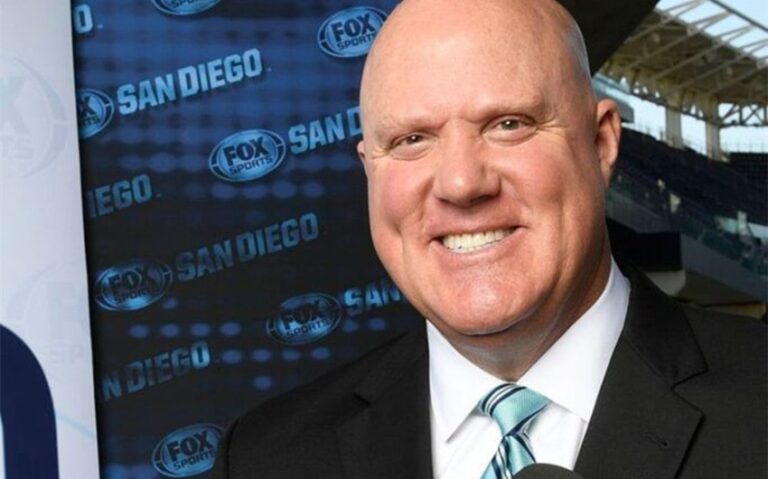Net Worth of Gene Hackman: How the Hollywood Legend Built His Fortune
When film lovers ask about the net worth of Gene Hackman, they are usually reflecting on a career that spanned more than four decades and included some of the most iconic performances in cinema history. Hackman, a two-time Academy Award winner, is considered one of the greatest actors of his generation. Known for his versatility, intensity, and commanding screen presence, he starred in unforgettable films such as The French Connection, Unforgiven, Hoosiers, and The Royal Tenenbaums. With his career earnings, smart decisions, and creative pursuits after retirement, Hackman built a remarkable fortune that continues to fascinate fans long after he stepped away from Hollywood.
Who Is Gene Hackman?
Gene Hackman was born on January 30, 1930, in San Bernardino, California, before moving with his family to Danville, Illinois. His childhood was not particularly easy, and he left home at the age of 16 to join the U.S. Marine Corps. Hackman served for several years, traveling the world and gaining discipline and maturity that would later inform his acting style.
After leaving the Marines, Hackman pursued a variety of odd jobs but eventually decided to follow his passion for acting. He enrolled at the Pasadena Playhouse in California, where he trained alongside other future stars, including Dustin Hoffman. Interestingly, Hackman and Hoffman were told by their instructors that they were unlikely to succeed as actors, yet both went on to become two of the most respected performers of their generation.
Hackman struggled for years in small roles on television and in theater before finally breaking through with a supporting role in Bonnie and Clyde (1967). His performance as Buck Barrow earned him his first Academy Award nomination and launched him into the spotlight. From then on, Hackman’s career was defined by a series of bold, powerful performances that showcased his remarkable range.
Career Highlights and Major Roles
The foundation of the net worth of Gene Hackman lies in the sheer breadth and depth of his film career. Over the years, Hackman worked with some of the greatest directors in Hollywood and delivered performances that remain essential viewing.
His most significant breakthrough came with The French Connection (1971), in which he played Detective Jimmy “Popeye” Doyle. The gritty police thriller was a box office and critical success, earning Hackman the Academy Award for Best Actor. The role established him as a leading man and demonstrated his ability to balance toughness with vulnerability.
Hackman continued to build on this success throughout the 1970s and 1980s. He starred as Lex Luthor in Superman (1978) and its sequels, delivering a charismatic and menacing performance that became one of the most memorable portrayals of a comic book villain. He also took on inspirational roles, such as Coach Norman Dale in Hoosiers (1986), a film that remains one of the most beloved sports dramas of all time.
In the 1990s, Hackman achieved another career milestone with Unforgiven (1992), directed by Clint Eastwood. His role as the ruthless sheriff Little Bill Daggett won him his second Academy Award, this time for Best Supporting Actor. The film itself became one of the defining Westerns of the era and added to Hackman’s already formidable legacy.
Later roles, such as in The Royal Tenenbaums (2001), showed Hackman’s ability to embrace quirky, character-driven projects. His portrayal of Royal Tenenbaum earned him a Golden Globe Award and demonstrated his comedic timing alongside his dramatic depth. By the time he retired, Hackman had appeared in nearly 100 films and had cemented his place among Hollywood’s all-time greats.
Earnings from Film and Television
The net worth of Gene Hackman was built largely on his film earnings. At the height of his career, Hackman commanded salaries that reflected his status as a top-tier actor. While exact figures for each film are not always available, it is widely reported that he earned millions for major projects during the 1980s and 1990s.
For Superman and its sequels, Hackman’s paychecks were substantial, as these films were among the highest-grossing of their time. For critically acclaimed roles like Unforgiven and The Royal Tenenbaums, Hackman may not have taken the biggest salaries, but the prestige and recognition further solidified his earning power.
In addition to upfront salaries, Hackman benefited from residuals and royalties. His films, especially classics like The French Connection, Hoosiers, and Unforgiven, continue to generate income through television reruns, streaming services, and home media sales. These long-term revenue streams have contributed significantly to his overall wealth.
Hackman also appeared in television roles early in his career, though most of his earnings came from the big screen. Combined, his body of work across film and television made him one of the most consistently employed actors of his era.
The Net Worth of Gene Hackman
As of recent estimates, the net worth of Gene Hackman stands at around $80 million. This impressive fortune reflects his decades-long career as a Hollywood A-lister, along with the careful management of his earnings. Hackman’s wealth comes primarily from his acting salaries and residuals, but he also expanded his financial portfolio through other ventures.
Book publishing became a surprising but lucrative second career for Hackman after he retired from acting in 2004. He has co-authored several novels, including historical fiction and thrillers, often working with author Daniel Lenihan. Titles such as Wake of the Perdido Star and Justice for None received positive reviews, and while they did not make him as wealthy as acting, they contributed additional income and kept him creatively engaged.
Investments in real estate also form part of Hackman’s financial story. He has owned properties in Santa Fe, New Mexico, where he has lived since retiring, as well as other homes over the years. Real estate appreciation has likely contributed to his overall wealth.
Compared to his contemporaries, Hackman’s net worth is on par with or greater than many actors from his era. While he never pursued the kind of celebrity lifestyle associated with some stars, his steady career choices and practical outlook on finances ensured long-term stability.
Life After Retirement
In 2004, following his final screen appearance in the comedy Welcome to Mooseport, Hackman officially retired from acting. He explained that the physical and emotional demands of acting had taken their toll, and he was ready to embrace a quieter life.
Since retiring, Hackman has focused on writing novels, often collaborating with Daniel Lenihan. Together, they have published several works of historical fiction, allowing Hackman to continue exploring storytelling in a different medium. Writing has not only provided him with supplemental income but also a fulfilling creative outlet.
Hackman has kept a low profile, residing in Santa Fe with his wife, Betsy Arakawa. He enjoys painting, writing, and cycling, maintaining an active lifestyle despite his age. His reclusive nature adds to his mystique, but when he does make rare public appearances or gives interviews, fans are reminded of his wit, humility, and intelligence.
Legacy Beyond Money
While the net worth of Gene Hackman is impressive, his true legacy lies in his artistic contributions. He is remembered not just as a wealthy man but as an actor who brought depth, authenticity, and power to every role he played. Hackman’s influence can be seen in the work of countless actors who admire his ability to transform into characters without relying on vanity or star power.
His awards, including two Oscars, four Golden Globes, and a Screen Actors Guild Award, highlight his impact on the industry. But beyond the trophies, his performances remain timeless. From the gritty realism of The French Connection to the emotional resonance of Hoosiers and the complexity of Unforgiven, Hackman created a body of work that transcends generations.
Even in retirement, his novels and quiet lifestyle demonstrate a man content with his achievements and focused on personal fulfillment rather than continued fame. His cultural impact ensures that his worth extends far beyond financial numbers.

